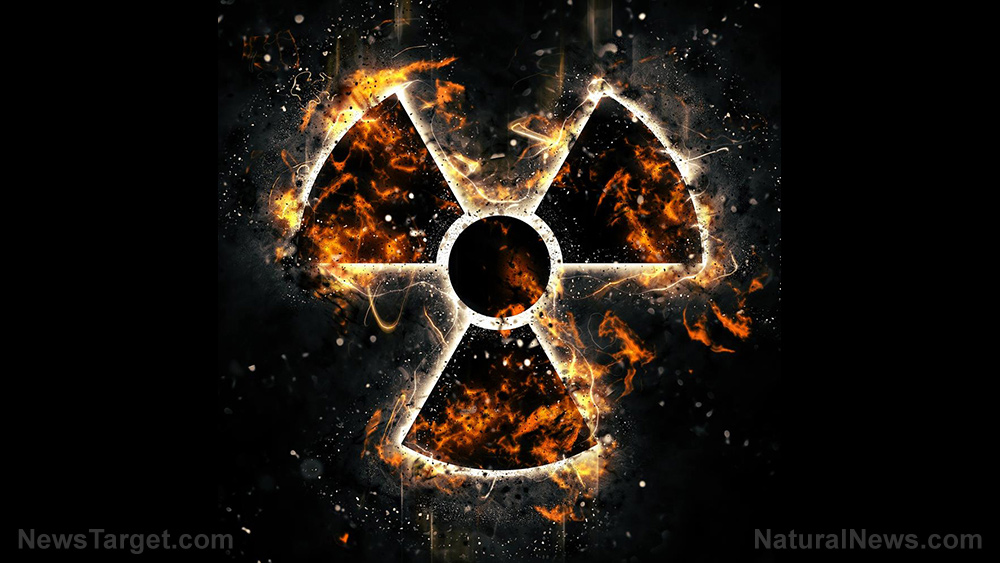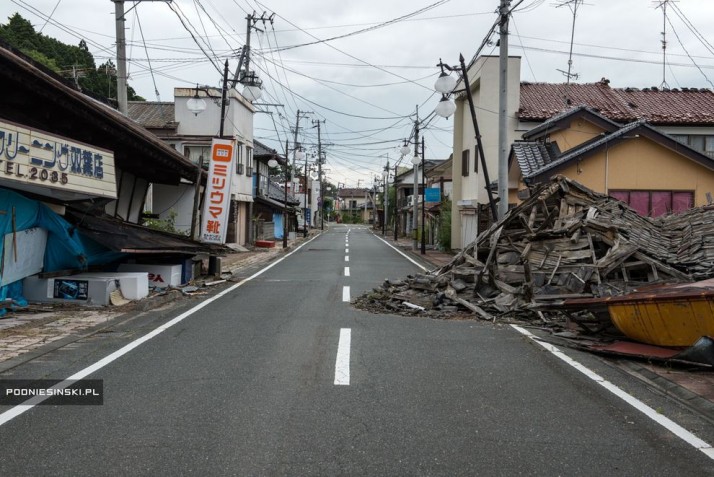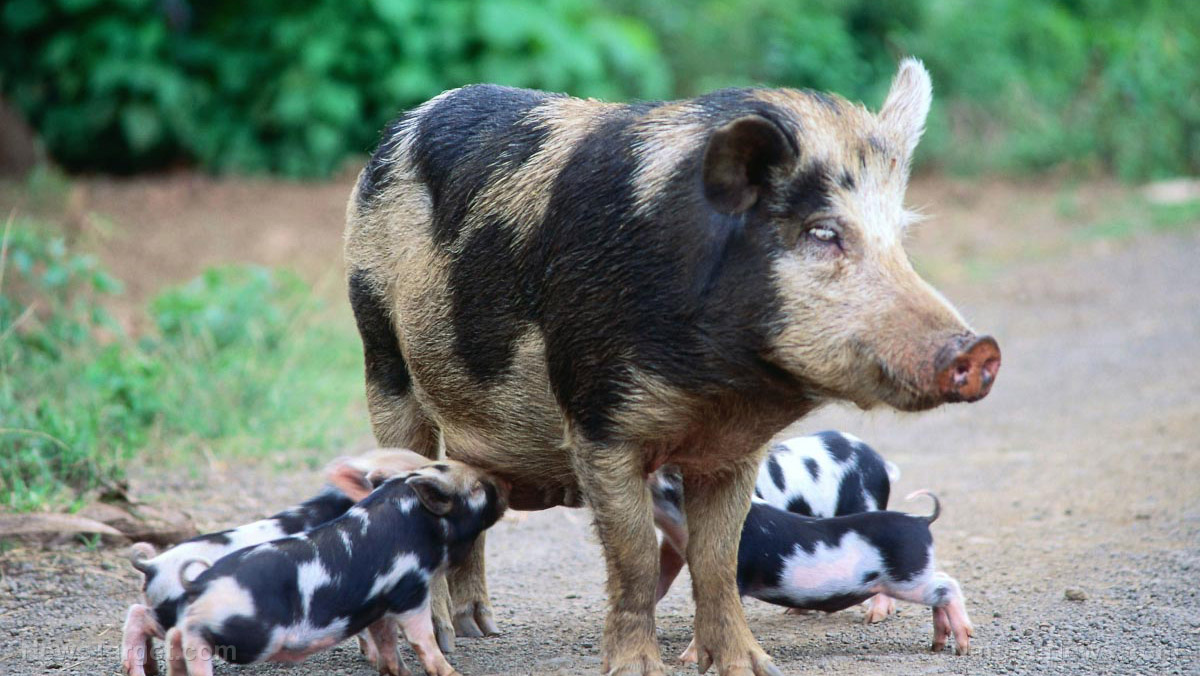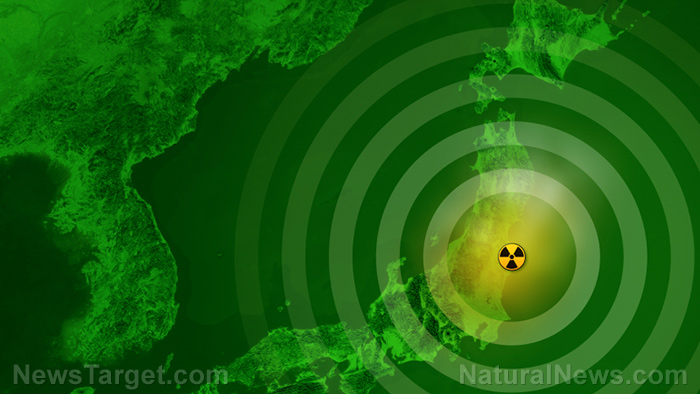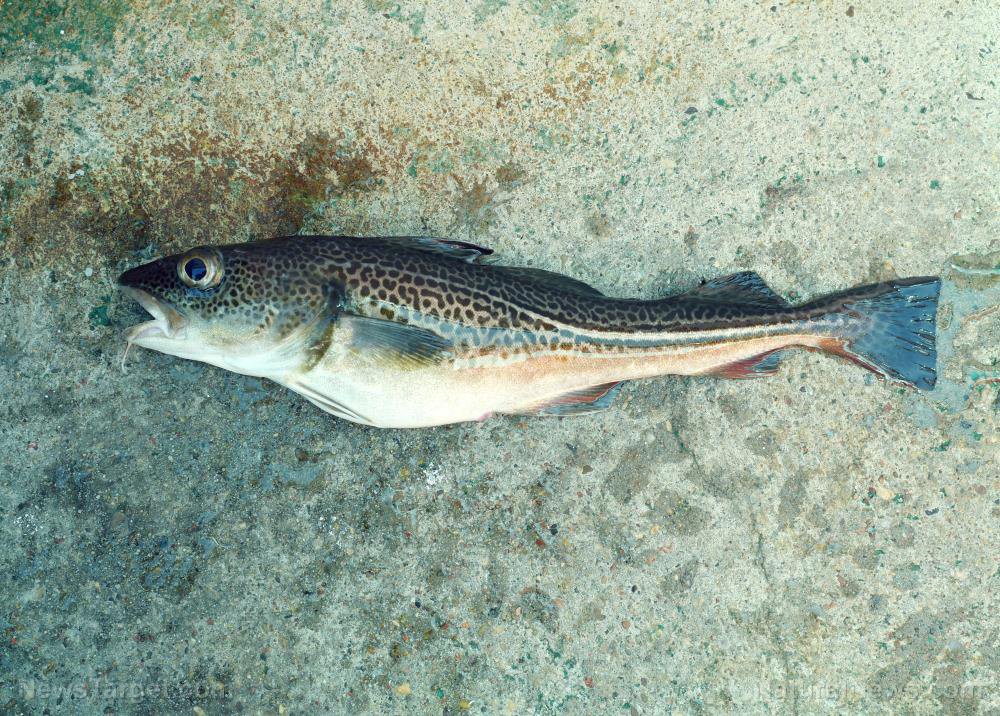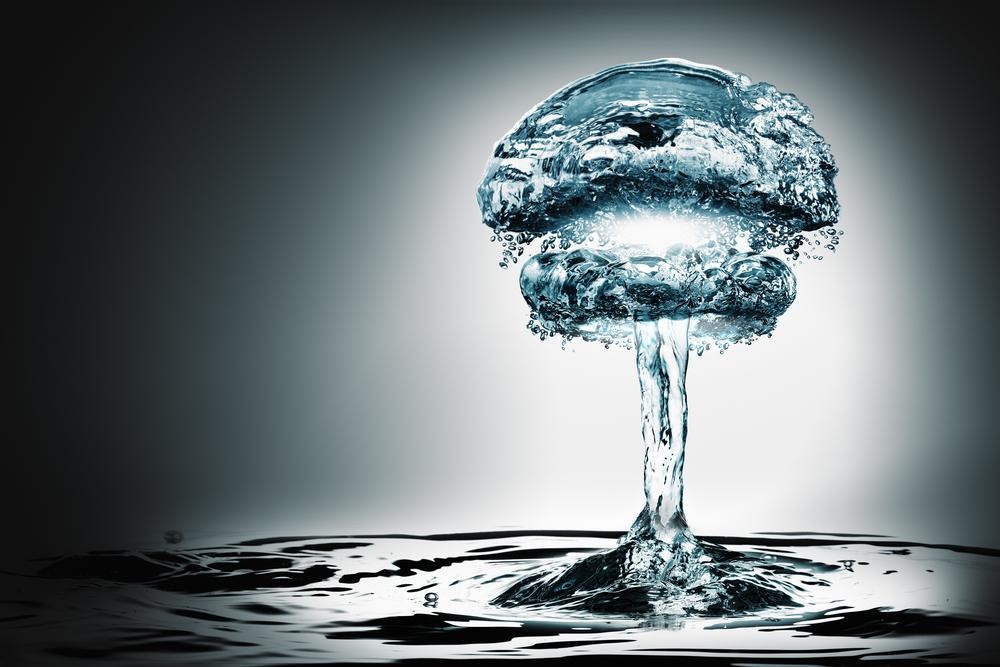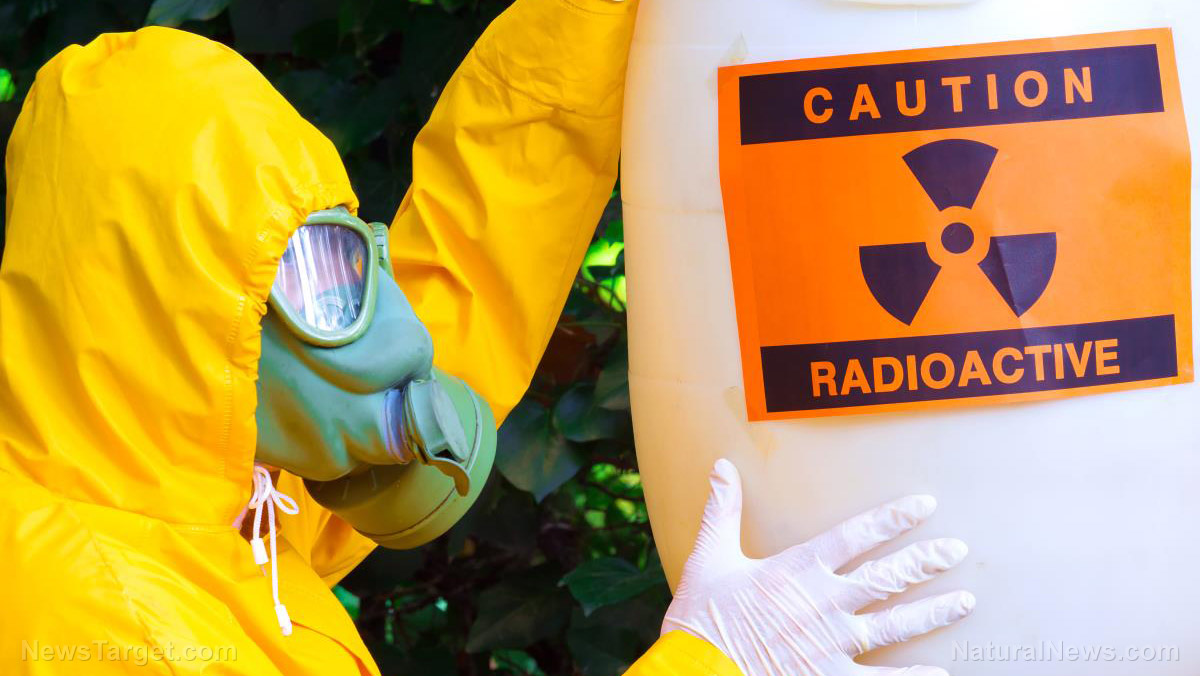Artillery shelling at Europe’s largest nuclear power plant could spell nuclear disaster for Ukraine and the world
08/18/2022 / By Kevin Hughes
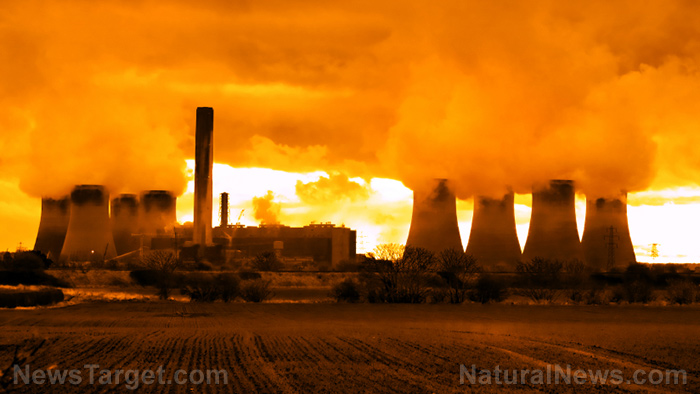
Ukraine could experience a nuclear disaster similar to the Chernobyl incident in 1986. This time, however, it would not be caused by a reactor core meltdown but artillery strikes amid the ongoing Russia-Ukraine war.
Rafael Mariano Grossi, director-general of the International Atomic Energy Agency (IAEA), warned that ongoing shelling at the Zaporizhzhia Nuclear Power Station in southeastern Ukraine “underlines the very real risk of a nuclear disaster that could threaten public health and the environment in Ukraine and beyond.”
“Since the beginning of this tragic war, the IAEA – and I personally – have been working on supporting Ukraine in keeping all its nuclear facilities safe and secure,” Grossi said. “Despite our determined efforts, it has not been possible, so far.”
Nevertheless, the IAEA official reiterated that he will not give up and that he will “continue to push – and push again – for this IAEA mission to finally take place.”
If Grossi’s mission pushes through, he and his team will ensure the safety and security of the Zaporizhzhia power plant. They will also give objective and independent information about the condition of the facility. However, the IAEA mission has not yet gone off the ground for reasons unknown.
Oleksandr Starukh, the Zaporizhzhia region’s chief of military administration, warned of disastrous consequences in the event that rockets do hit the plant.
“It won’t be another Chernobyl, because this station is even bigger,” he said. “It will be even worse.”(Related: Russian forces capture Chernobyl power plant; media expresses concern over possibility of radioactive leak from site.)
The 1986 accident at Chernobyl is the world’s second worst nuclear catastrophe – until the 2011 Fukushima nuclear disaster. An explosion at the eponymous nuclear power plant caused by a nuclear reactor core meltdown killed 31 people and contaminated more than 77,000 square miles of land. The cloud resulting from the nuclear fallout was spotted as far as the United Kingdom.
Moscow, Kyiv pointing fingers at each other for the shelling
Both Russia and Ukraine are pointing their fingers at each other, blaming the other party for the strikes on the Zaporizhzhia power plant.
Moscow captured the plant during the initial days of the Russia-Ukraine war, alongside the whole city where it is located. It accused Kyiv of shelling the power plant, citing allegations of Ukrainian shells landing just 10 meters from buildings at the facility. A report by TV channel Russia-24 attested to the Ukrainian shelling, quoting local officials appointed by Moscow.
Given this, it would be absurd for Russia to bombard territories they already occupy.
On the other side of the fence, Ukrainian President Volodymyr Zelensky – alongside the mainstream media and his supporters in the West – quickly blamed Russia for the shelling. They also accused Russian President Vladimir Putin of transforming the Zaporizhzhia facility into a military base, under the premise that Kyiv will not strike back.
“[The] Russian occupying army is using Zaporizhzhia [for] terror and provocations, [turning it into a] battlefield,” said the Ukrainian leader.
“The Russian military cannot be aware that they are putting all of Europe under the threat of a nuclear catastrophe. And of course, Russian authorities understand what the aftermath will be when its army will fire on the nuclear power station.”
Energoatom, Ukraine’s state-run nuclear agency, also claimed that Russia has declared its “readiness to blow up Zaporizhzhia.” However, this claim has not been independently confirmed as of writing.
Follow Nuclear.news for more stories about the dangers of a nuclear power plant explosion.
Watch the video below about the shelling that hit the Zaporizhzhia nuclear power plant.
This video is from the High Hopes channel on Brighteon.com.
More related stories:
Russia warns that NATO’s proxy war in Ukraine poses “serious, real” threat of NUCLEAR war.
Russia once again warns of a possible nuclear strike against Ukraine.
Sources include:
Submit a correction >>
Tagged Under:
artillery shelling, artillery strikes, big government, Blame Game, chaos, Chernobyl disaster, Collapse, dangerous, disaster, national security, nuclear disaster, nuclear plant, panic, power plant, Russia, Russia-Ukraine war, Ukraine, WWIII, Zaporizhzhia
This article may contain statements that reflect the opinion of the author
RECENT NEWS & ARTICLES
COPYRIGHT © 2017 FUKUSHIMAWATCH.COM
All content posted on this site is protected under Free Speech. FukushimaWatch.com is not responsible for content written by contributing authors. The information on this site is provided for educational and entertainment purposes only. It is not intended as a substitute for professional advice of any kind. FukushimaWatch.com assumes no responsibility for the use or misuse of this material. All trademarks, registered trademarks and service marks mentioned on this site are the property of their respective owners.

